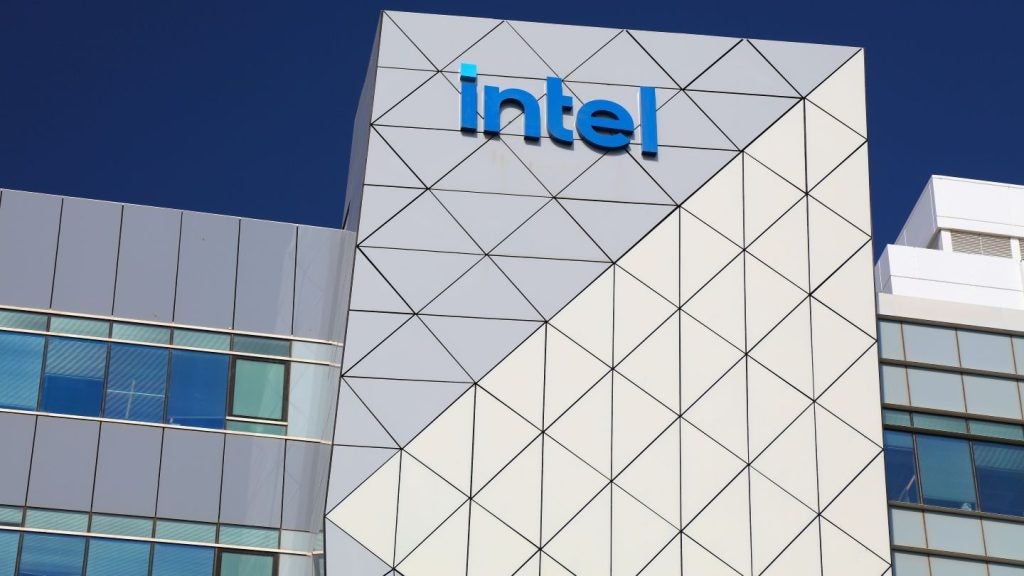
Bookie bots targeted 25% of gambling sites in distributed denial of service (DDoS) attacks in June, according to new research.
At the same time, the cybersecurity industry is facing the looming threat of investment drying out.
The news about the menacing bookie bots comes as sporting events – such as the Lionesses bringing football home in the Euros – have set off a surge of sporting bets, according to cybersecurity researcher Imperva.
Imperva found attacks by bookie bots spiked 96% compared to the month before the Euro 2020 tournament, and account takeover attempts were two to three times higher than normal on days when England’s male team played.
Imperva estimates that 40% of gambling sites have suffered attacks in the last 12 months, 80% of whom were hit multiple times by bookie bots.
Coinciding with Wimbledon starting at the end of June, DDoS attacks impacted 10% of all gambling sites.

US Tariffs are shifting - will you react or anticipate?
Don’t let policy changes catch you off guard. Stay proactive with real-time data and expert analysis.
By GlobalDataLooking at companies in general, Imperva estimates that the prevalence of DDoS attacks against all businesses was three times higher in Q2 than Q1 of 2022, with more than half (55%) having been hit multiple times over the three-month period.
Apart from the summer’s sporting events, Imperva names three factors that have contributed to the rise.
“[Firstly,] economic pressure caused by recession and cost of living increases, which could be driving criminals to leverage ransom DDoS attacks more frequently for financial gain,” an Imperva spokesperson tells Verdict. “[Secondly,] geo-political tensions in various countries around the world.
“[Thirdly,] both new and existing vulnerabilities are being leveraged to infect services and devices, giving attackers more ammunition for launching DDoS attacks.”
Imperva estimates that gambling companies could lose a substantial amount if they fall victim to a DDoS attack. Companies who generate an annual revenue of £1bn, could lose £115,000 per hour, saying nothing for the loss of public trust.
“Businesses need to be able to identify and mitigate a DDoS attack in seconds,” says Yuriy Arbitman, data scientist at Imperva. “If one is hit during a major event like Wimbledon or an international tournament like the Euros or World Cup, even if they’re only down for 20 or 30 minutes, the revenue loss could be substantial.”
“Online businesses need always-on DDoS protection, not just for website domains but across all APIs, applications, and across the entire network infrastructure,” adds Arbitman.
If gambling sites are down for even half an hour, the loss can be extensive, especially as attacks are prevalent during major sporting events. These sites can’t afford to be seen as vulnerable for attack from bookie bots.
Bookie bots in the time of a potentially popping cybersecurity boom
The news about bookie bots wreaking havoc on betting businesses comes as experts are facing another bet: whether or not the cybersecurity boom of the past few years is heading towards a bust.
Investors have splurged exceedingly more venture capital (VC) towards cybersecurity enterprises over the past decade.
The pandemic accelerated this trend, with ransomware gangs and other cybercriminals using the Covid-19 crisis to launch ransomware attacks and a plethora of other digital assaults.
The numbers speak for themselves. Back in 2013, the VCs injected just a bit over $1bn into the cybersecurity companies, according to data extracted from research firm GlobalData’s deals database on August 17. By 2021, that figure had swelled to $25bn.
The numbers have dropped slightly in 2022. So far this year, 358 VC deals have only injected $9bn into the industry. For anyone counting, that's less than half of the investment the industry enjoyed in 2021.
That being said, it's just south of the $10bn injected into the sector in 2020.
GlobalData is the parent company of Verdict and its sister publications.






